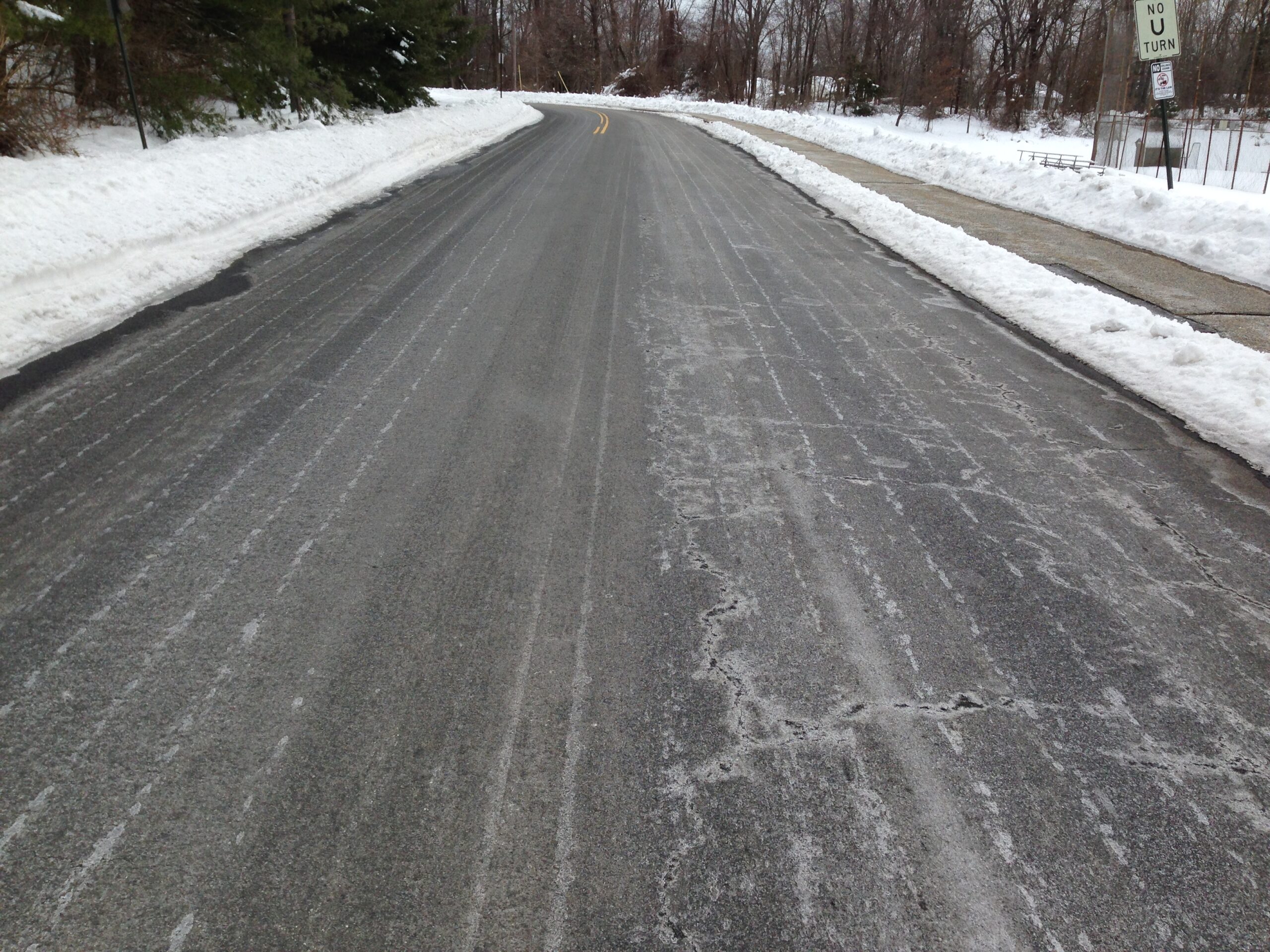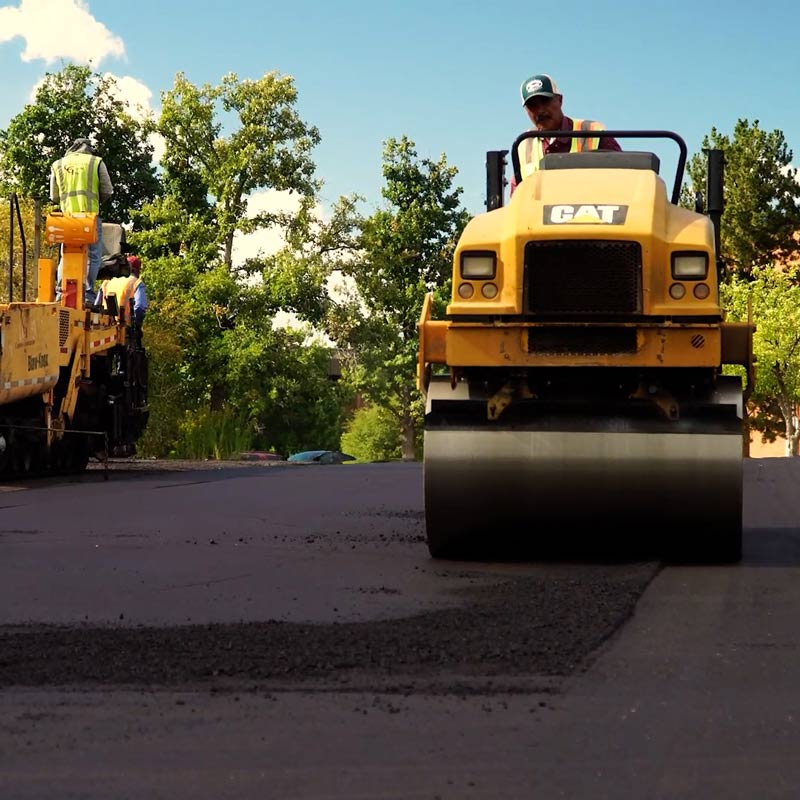Understanding winter asphalt maintenance can help your pavement to last and withstand extreme weather. Winter in Denver can be harsh, with fluctuating temperatures, snow, and ice taking a toll on asphalt surfaces. Proper maintenance during the winter months is crucial to extend the life of your pavement and avoid costly repairs come spring.
1. Regular Snow and Ice Removal
Snow and ice can cause significant damage to asphalt if not properly managed. It’s essential to clear snow regularly using a snowplow or snow blower, but be cautious not to scrape the surface too hard, as this can damage the asphalt. For ice, avoid using harsh chemicals like rock salt, which can corrode the surface. Instead, opt for calcium chloride or magnesium chloride, which are less damaging to asphalt.
2. Seal Cracks Before the First Snow
Cracks in your asphalt can quickly worsen during the winter due to the freeze-thaw cycle. Water seeps into cracks, freezes, and expands, causing the cracks to widen. Before the first snow, inspect your asphalt for any cracks and seal them using a high-quality crack filler. This simple step can prevent small cracks from becoming large, costly problems.
“One of the most critical steps in winter asphalt maintenance is sealing cracks before the cold sets in. The freeze-thaw cycle in Denver’s winter can turn small cracks into major issues, leading to expensive repairs if not addressed early.”
3. Keep the Surface Clean
Debris, such as leaves, dirt, and gravel, can trap moisture on your asphalt, leading to surface damage over time. Regularly sweep your asphalt surface to remove debris, especially before a snowstorm. A clean surface is less likely to experience damage during the winter months.
4. Apply a Winter-Grade Sealant
Sealcoating provides a protective layer against moisture and chemicals. If you haven’t already, consider applying a winter-grade sealant to your asphalt. These sealants are designed to withstand the cold temperatures and harsh conditions of Denver’s winter, providing an extra layer of protection against the elements.
5. Monitor Drainage
Proper drainage is essential to prevent water from pooling on your asphalt surface. Standing water can seep into the pavement and cause damage during freezing temperatures. Ensure that your drainage systems are functioning correctly and that water is directed away from your asphalt.
6. Schedule Regular Inspections
Regular inspections during the winter months can help you catch any issues early. Look for signs of cracking, potholes, or other damage that might need immediate attention. Addressing these problems promptly can save you money and extend the life of your asphalt.
In the End
Protecting your asphalt during the winter months is essential for its longevity and performance. By following these winter asphalt maintenance tips – regular snow and ice removal, sealing cracks before the first snow, keeping the surface clean, applying a winter grade sealant, monitoring drainage, and scheduling regular inspections—you can significantly reduce the risk of damage caused by harsh winter conditions and ensure it remains in good shape for years to come. Proper care now will pay off when spring arrives, helping you avoid costly repairs and extend the life of your asphalt. For expert assistance in maintaining your asphalt, contact M5 Paving today.



